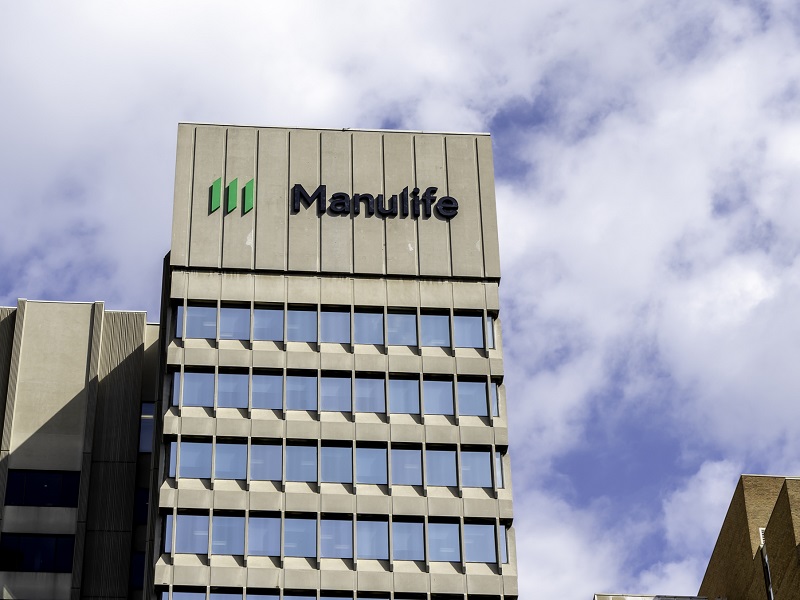
Manulife Financial Corp. says its net income rose in the third quarter relative to last year, supported especially by business growth in Asia.
The insurer says it had a net income attributed to shareholders of $1 billion in the quarter ending Sept. 30, up from $777 million last year, when new reporting rules are factored in.
Manulife core earnings, which the company says strips out short-term market fluctuations and is a better measure of long-term potential, came in at $1.74 billion, up from $1.34 billion last year.
Core earnings rose the most in Asia, up 33%, while in Canada core earnings were up 4%, and they slipped 2% in the U.S.
The company’s Asia division also saw a 16% rise in unrealized profits on new business, the same amount as in Canada, while in the U.S. the measure dropped 39%.
In Canada, assets under management were $138 billion at the end of the quarter, a decrease of $4.7 billion or 3% from Dec. 31, 2022. The insurer attributed the result to lower total invested assets, reflecting the impact of higher interest rates and lower segregated fund net assets, driven by net outflows.
In Canada, segregated fund net assets were $34.4 billion, down from $36.0 billion the previous quarter.
Global wealth and asset management net outflows were $0.8 billion in the quarter, compared with net inflows of $3.0 billion in the same quarter last year. In the retail segment, net outflows of $0.2 billion compared to net inflows of $1.0 billion in the same quarter last year, “reflecting lower demand as investors continued to favour short-term cash and money market instruments amid market volatility and higher interest rates,” the report to shareholders said.
Total assets under management and administration were $1.32 trillion, down slightly from $1.34 trillion the previous quarter and up from $1.26 trillion in the third quarter of last year.
Manulife chief executive Roy Gori says the insurer is in a position to weather macroeconomic uncertainties and continue to buy back shares to boost shareholder returns.